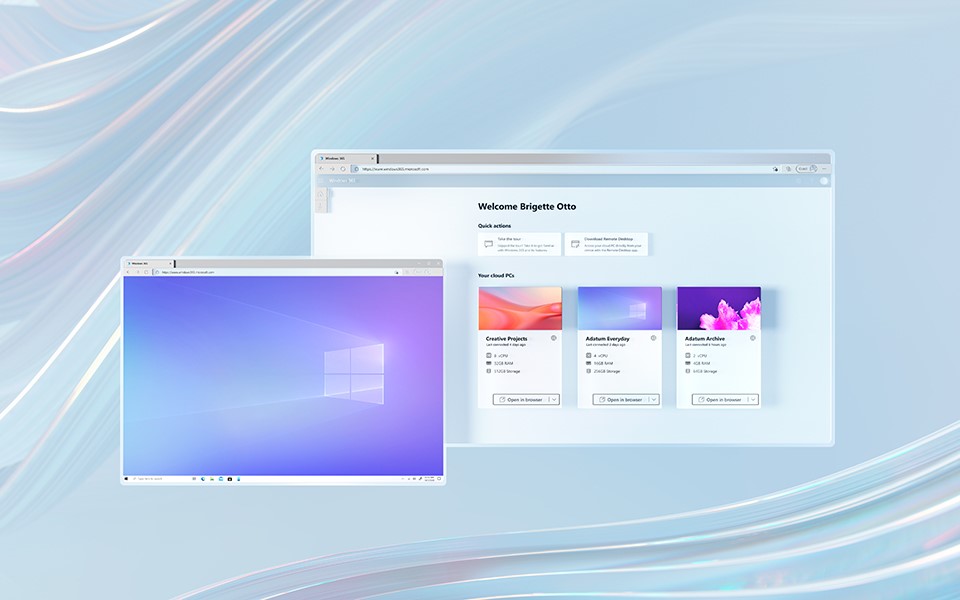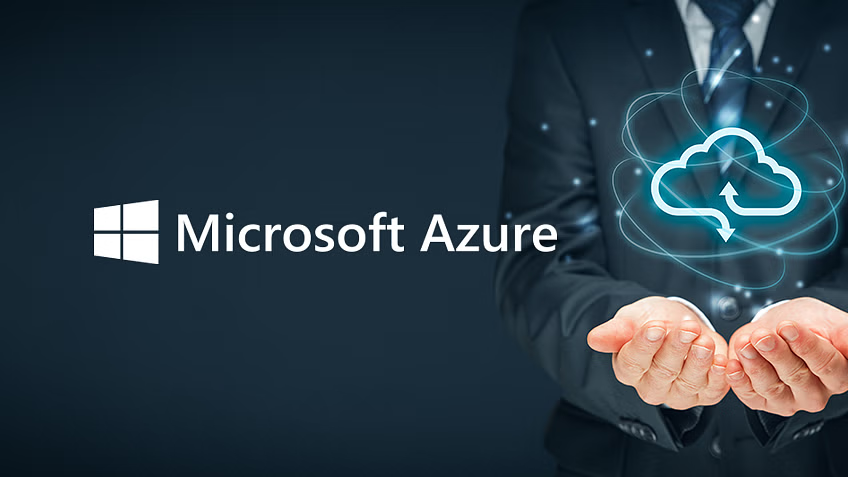What does the Cloud Offer?
Many services are available as a cloud solution, including:
- Perimeter spam and virus filtering
- Hosted email
With web access, smartphone integration, Outlook connectivity, highly available infrastructure, and archiving options
- Offsite Data Storage
- Virtual Servers
- Virtual Desktop (VDI) Services
- Remote Application delivery services
- Cloud-based Availability and Disaster Recovery (DR) solutions
- Remote backup
The Benefits for Your Team
Your employees are already using the cloud to access social media, personal email, and other services outside of work. Leveraging cloud technology to bring that high level accessibility to your organization’s email, documents, and applications will help satisfy employee expectations.
Email in the Cloud: One way the cloud simplifies your IT needs
To set up email for your organization in the traditional manner, you’d need to acquire server and storage hardware, make arrangements for the appropriate power and cooling, and hire staff to design, implement, and support the email infrastructure. If an archiving solution is desired, or the needs of your organization change and more employees are added, you would have to upgrade or acquire more hardware. Your staff would have to redesign and re-implement the solution, creating potential outages for your users in the process.
To set up email in a cloud environment, simply contact the cloud provider and define your requirements. The provider then remotely sets up the email to your specifications and it’s ready to use.
There are no servers to worry about—no cables, and no problems. If your requirements change, the cloud provider just leverages their infrastructure to accommodate the changes without capital expense or downtime.







